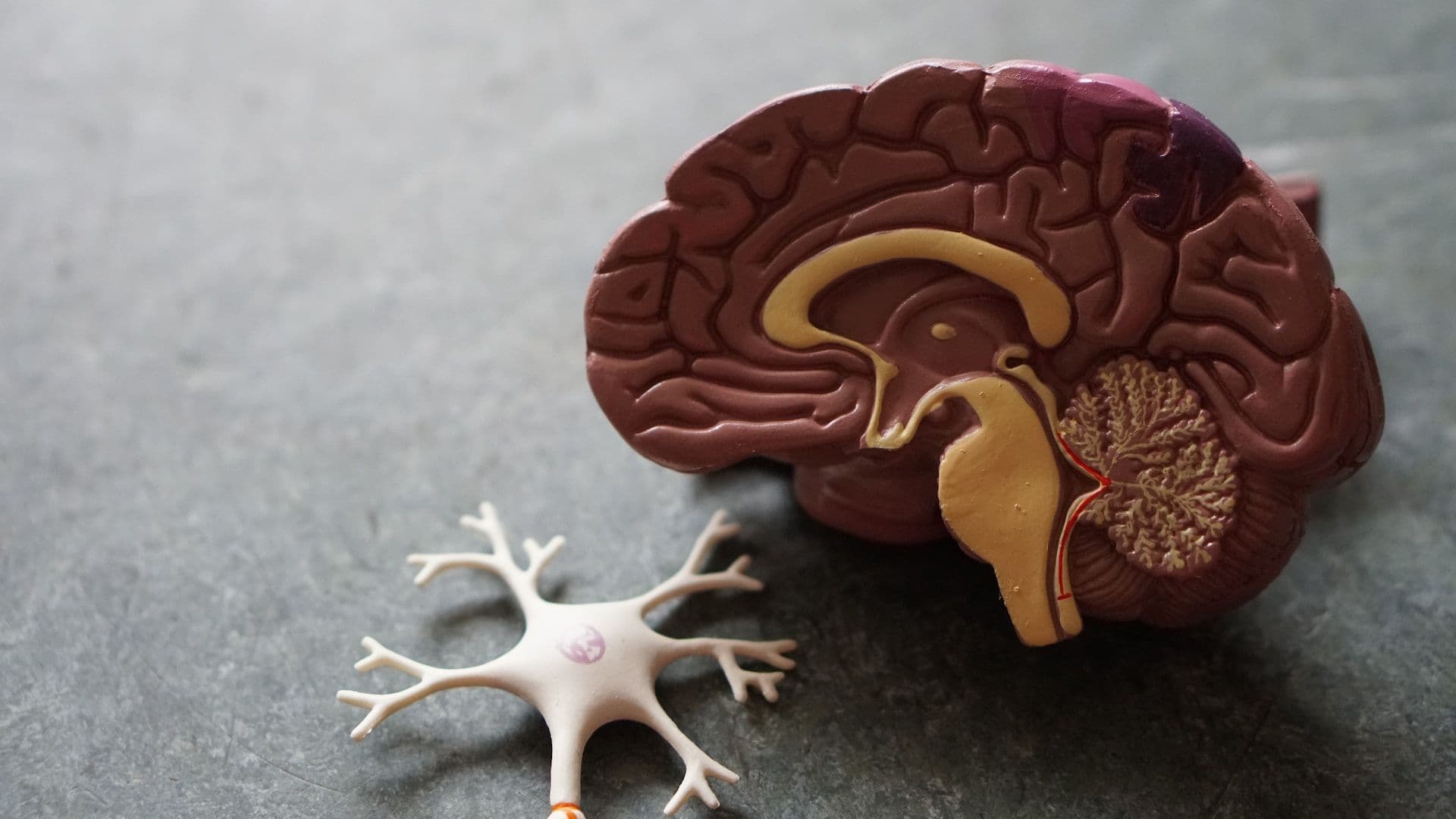Concussions & Neurology
Exploring the Link Between Multiple Concussions and Neurodegenerative Disease
Delve into the complex relationship between multiple concussions and the onset of neurodegenerative diseases. Learn about the latest research findings and understand why ongoing study in this field is crucial for the health and wellbeing of those at risk.

June 21, 2023
|
Brain Mapping Solutions Team
Introduction
Head injuries, particularly concussions, are a major concern in high-risk activities such as contact sports, military service, and certain occupations. While the immediate effects of a concussion can be damaging, there is growing concern and research about the long-term impact of multiple concussions, particularly their link to neurodegenerative diseases.
Understanding Concussions
A concussion is a mild form of traumatic brain injury (TBI) usually resulting from a blow to the head. While the immediate symptoms—such as confusion, headaches, and temporary memory loss—usually resolve over time, the cumulative effect of multiple concussions can lead to more significant brain damage and neurological issues.
Multiple Concussions and Neurodegenerative Diseases: The Connection
Research indicates a possible connection between sustaining multiple concussions and an increased risk of developing neurodegenerative diseases, such as Alzheimer's disease and Chronic Traumatic Encephalopathy (CTE). These diseases are characterized by progressive neuronal loss and cognitive decline.
Chronic Traumatic Encephalopathy (CTE) has been particularly observed in athletes and military personnel who have a history of repeated head injuries. It is characterized by memory disorders, mood changes, and in advanced cases, progressive dementia.
The Science Behind the Link
The exact mechanism that links multiple concussions to neurodegenerative diseases is still under investigation. However, researchers believe that repetitive brain injuries can lead to the accumulation of an abnormal protein called tau. Over time, the buildup of tau protein can cause neurons to die, leading to cognitive decline and other neurological symptoms.
Moving Forward: Prevention and Early Detection
Given the potential risks associated with multiple concussions, emphasis is being placed on prevention strategies and early detection. Protective gear, concussion protocols, and guidelines for safe return to play are being implemented in high-risk activities. Additionally, advances in neuroimaging and biomarker discovery are helping to identify early signs of neurodegeneration, enabling timely intervention.
Conclusion
The link between multiple concussions and neurodegenerative disease is a crucial area of ongoing research. As we deepen our understanding of this relationship, we can develop better prevention and treatment strategies, safeguarding the long-term brain health of those at risk. This underscores the importance of concussion awareness and appropriate management in protecting our future neurological wellbeing.
How Brain Mapping Solutions Supports Cognitive and Behavioral Impact Analysis
Brain Mapping Solutions offers advanced imaging technology that helps medical professionals link brain injuries to cognitive and behavioral deficits, providing clarity in diagnosis and treatment planning.
Location-Specific Injury Identification: Revolutionizing Brain Injury Diagnosis
This article highlights the importance of accurately identifying the location of brain injuries. It explains how Brain Mapping Solutions uses advanced imaging technology to pinpoint injury locations, helping medical professionals develop better treatment plans for their patients.
Imaging Center Partnerships: Expanding Access to Advanced Neuroimaging with Brain Mapping Solutions
Brain Mapping Solutions has established strong partnerships with over 100 imaging centers across the United States, ensuring that advanced neuroimaging technology is accessible to more people. These partnerships allow for more accurate diagnosis and treatment of brain injuries, empowering healthcare providers and patients alike.
PRISM Imaging: Advanced Detection for Brain Health
Brain Mapping Solutions offers PRISM Imaging, a state-of-the-art neuroimaging tool that enhances the detection of traumatic brain injuries, seizures, CNS neoplasms, and neurodegenerative diseases.
HIPAA-Compliant Secure System: Ensuring Advanced Protection for Patient Data
Brain Mapping Solutions, led by Dr. David R. Patterson, offers a HIPAA-compliant, secure cloud-based system for storing and sharing patient imaging data. This ensures that patient information is fully protected while remaining accessible to authorized medical professionals.